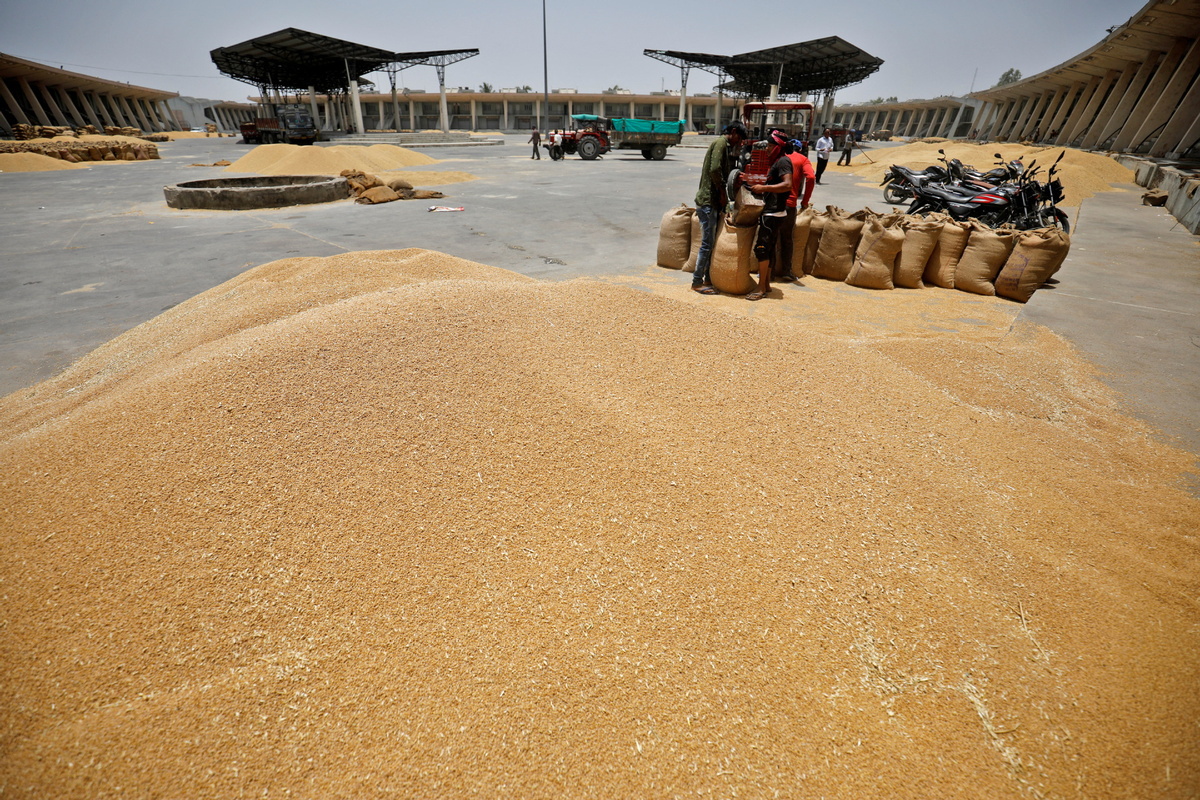Collaboration an underrated word, as world stares at bigger food crisis


A Thai government spokesperson said on Friday that Thailand and Vietnam plan to jointly raise rice prices, which-with the possibility that India, too, might tighten rice exports after wheat and sugar-could exacerbate a food crisis.
Food crises are of two kinds. An absolute food crisis is when the world cannot produce enough food for its entire population, which was a common feature before the industrial revolution. Then there is relative food crisis, in which the world produces enough food for everyone, but some people cannot get enough because of distribution issues. In today's world a food crisis is almost always a relative food crisis.
The Russia-Ukraine conflict has actively or passively kept the two important grain exporting countries off the international market. Because of Western economic sanctions, Russia's grain exports have plummeted. Being a major producer of fertilizers, the sanctions on Russia have also hit global fertilizer supplies.
The military conflict has also decimated the ability of Ukraine, the "granary of Europe", to export grain.
After wheat and corn exports were hit, rice was being seen as the only staple food unaffected by the Russia-Ukraine conflict, and one that could prevent the global food crisis from worsening. But, Thailand and Vietnam's plans can only make it worse for food markets.
According to the US Department of Agriculture, Thailand and Vietnam together account for about 10 percent of global brown rice output and about 26 percent of global exports, a proportion that is enough to hit the global rice market. It will only get worse if, India, another big grain exporter, also imposes restrictions on rice exports or raises prices, something that it is reportedly considering. Such actions will further push up global food prices and inflation, worsening the outlook for global food security.
The food crisis has caused large-scale social unrest and changed a government in Sri Lanka. If not contained timely, it could trigger political crises and turmoil in other countries too.
Given that the current food crisis is not an absolute one, as long as countries around the world abandon shortsighted selfish interests and do not "weaponize" the food supply chain, it might still be possible to solve the crisis through collaboration, something particularly valuable in the context of today's heightened geopolitical game.


































